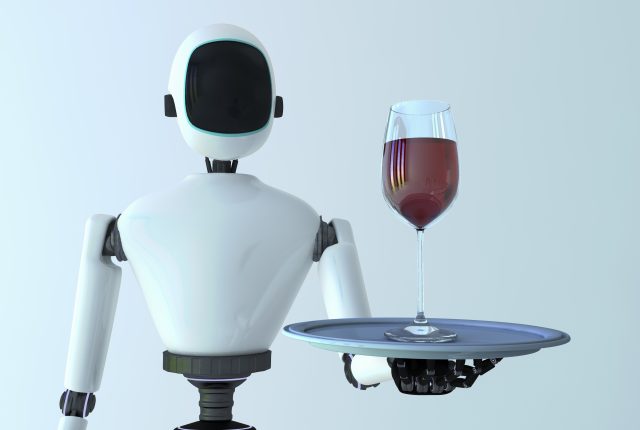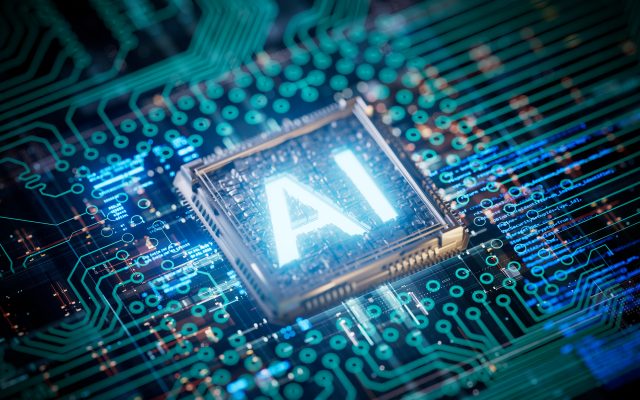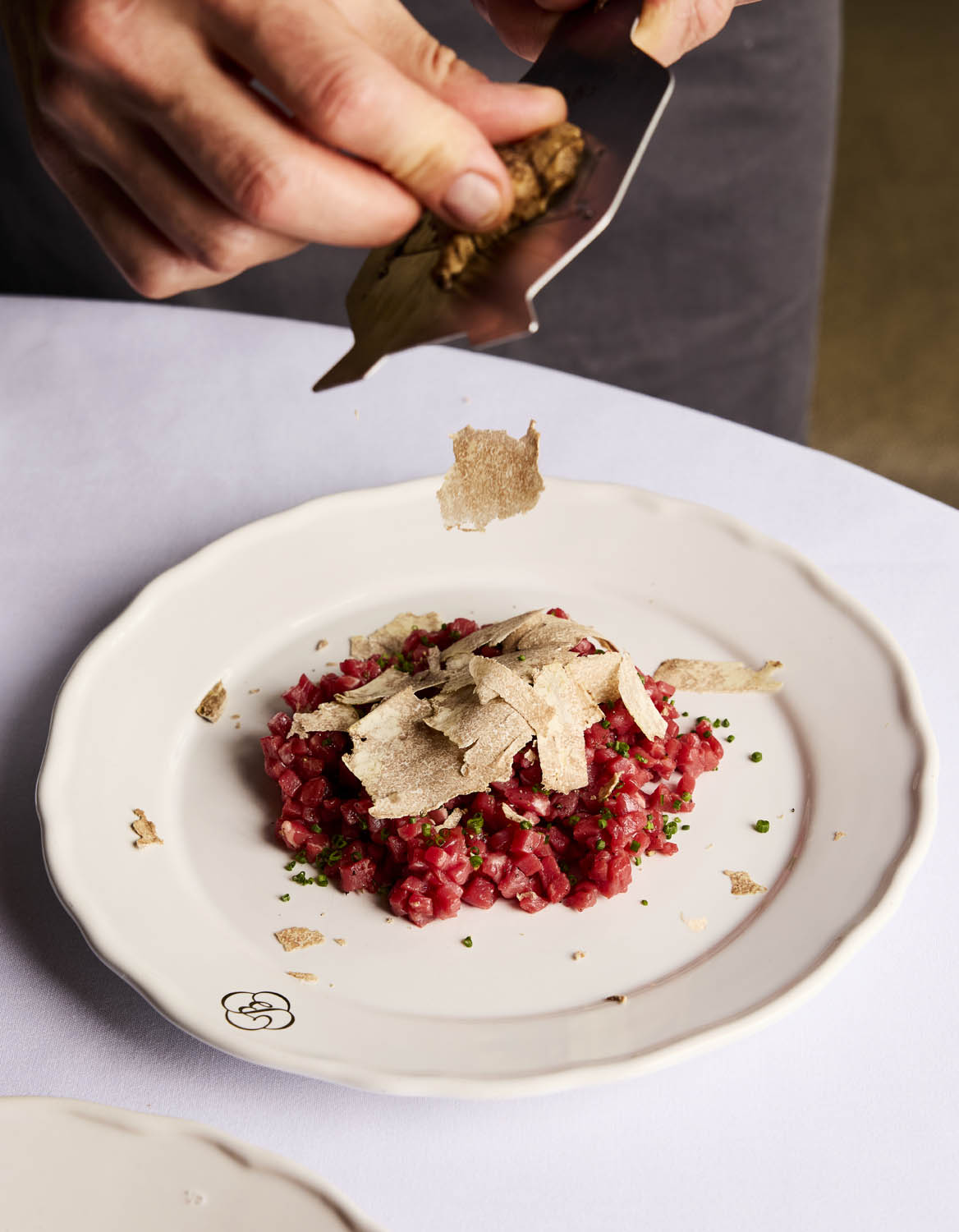Could sommeliers and AI be the perfect pairing?
The first panel discussion in a jam-packed schedule at db’s AI conference touched on how artificial intelligence can be a sommelier’s best friend.

Due to the enormous number of “extraneous circumstances” which affect our perception of taste (seating, lighting, music, choice of glassware etc), what we really need ahead of wine being poured or gastronomic dish served, is not a physical palate cleanser but a mental one, said Professor Charles Spence, head of the Crossmodal Research Laboratory at the University of Oxford.
Instead of a grapefruit sorbet, for instance, it’s more important to “get your mind in the right place” in order to maximise your enjoyment of the wine you’ve carefully chosen.
“I can bring out the most amazing Château Latour from the ’60s,” said fellow panellist Chris Hoel, former sommelier at Napa restaurant French Laundry. “But if you’re fighting with your partner, it doesn’t matter what I give you to drink.”
AI can not only provide on-trade venues with the optimum formula to re-set guests’ equilibrium, it can also work as a wingman for sommeliers in terms of recommending alternative wines which might just make a diner’s night.
“I want AI to supercharge me, to give me a cape!” Hoel told an audience of more than 100 who gathered at the Science Gallery in King’s College London yesterday to listen to experts demystify the often opaque world of artificial intelligence.
“It makes me look better and smarter and picks out things that I wouldn’t have thought of myself,” he said.
If a client is “big on Burgundy,” for instance, a piece of AI software might scan the same (or similar) flavour profile to red Burgundy and recommend “a super old Nebbiolo, or a 25-year-old Rioja,” said Hoel. The added bonus for the customer is that both options are likely to be considerably less expensive than the Burgundy, which isn’t necessarily a human sommelier’s priority when their goal is “to sell US$600 bottles,” Hoel quipped.
It’s almost impossible for human beings to act without motivation, either conscious or subconscious, whereas the impartial AI can pick out the perfect match for a diner’s taste preferences, without being swayed by factors like price or traditional notions of what “goes best” with certain foods.
For Hoel, drinks recommendation software Preferabli, is the holy grail for getting straight to the heart of what a guest will love.
Explaining how Preferabli’s AI works, co-founder and CEO Pam Dillon said that it looks for “the presence or absence of 800 codified characteristics” in wine, which the company has been able to compile thanks to its goal to “taste through the world of wine and spirits, one at a time.”
Is AI a turn-off?
What’s standing in the way at present, the panel found, is that people simply don’t trust AI.
Professor Spence cited a recent study in which diners were offered a choice between a lasagne and Negroni made from AI-generated recipes, or the same dish and drink combination made from recipes coined by a human. The preferred consumer option was overwhelmingly the latter.
Partner Content
For this reason, pairing AI with a human sommelier could be the perfect match. You have the broader recall and analytical scope of the artificial intelligence paired with the personal touch of a sommelier, and the trust that diners place in them.
“Guests put a lot of trust in me to be their sherpa throughout the wine experience,” said Hoel.
Right now, AI is a turn-off, agreed the panel, but in five years time people will have come to expect it.
“We need to get the consumer to understand and appreciate the technologies involved, and to trust them,” said Professor Spence, who pointed out that our tastes are already being manipulated as soon as we walk into a restaurant or hotel.
“We know that we can make a wine taste creamier, spicier, fresher or more bitter just by changing the lighting or music,” he said.

“Our software can codify all elements of the wine tasting experience,” said Dillon, who launched Prefarabli as a way to “preserve the artisanal beauty of winemaking,” rather than replace it.
“AI will never replace people. It will never replace you,” she told members of the drinks trade. “You can’t crowdsource opinions on wine as it’s so personal”. What you can code, however, are people’s flavour preferences. And then matchmake them with those preferences.
There’s no right or wrong decision when it comes to food and wine pairing, only learned societal ‘norms’.
“I drink a lot of white wine and I eat a lot of red meat, and I have them together often because they both give me joy,” Hoel confessed. For this reason, he believes that AI is going to increasingly empower people to make decisions based on what’s right for them.
“Your preferences are going to follow you like a little friend on your shoulder telling you what you’ll like best in any given setting.”
And if you have any complaints, well there’s always a sommelier to lend an ear…
Related news
Castel Group leadership coup escalates
For the twelfth day of Christmas...
Zuccardi Valle de Uco: textured, unique and revolutionary wines




